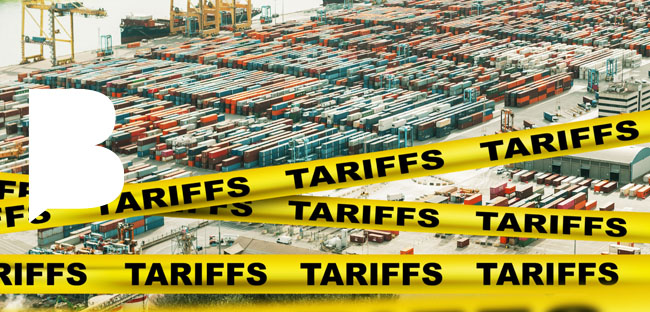The UK’s Online Safety Act, aimed at protecting children and eliminating illegal content online, is stirring a strong debate due to its stringent requirements on social media platforms and websites hosting adult content.
Critics argue that the act’s broad application could unintentionally suppress free speech, as highlighted by social media platform X.
X claims the act results in the censorship of lawful content, reflecting concerns shared by politicians, free-speech campaigners, and content creators.
Moreover, public unease is evident, with over 468,000 individuals signing a petition for the act’s repeal, citing privacy concerns over mandatory age checks requiring personal data on adult content sites.
Despite mounting criticism, the UK government is resolute in its commitment to the legislation. Technology Secretary Peter Kyle equates opposition to siding with online predators, emphasising child protection.
The government asserts that the act also mandates platforms to uphold freedom of expression alongside child safety obligations.
While X criticises both the broad scope and the tight compliance timelines of the act, warning of pressures towards over-censorship, it calls for significant statutory revisions to protect personal freedoms while safeguarding children.
The government rebuffs claims that the Online Safety Act compromises free speech, with assurances that the law equally protects freedom of expression.
Meanwhile, Ofcom, the UK’s communications regulator, has initiated investigations into the compliance of several companies managing pornography sites, highlighting the rigorous enforcement.
Source: Reuters
Would you like to learn more about AI, tech and digital diplomacy? If so, ask our Diplo chatbot!











































